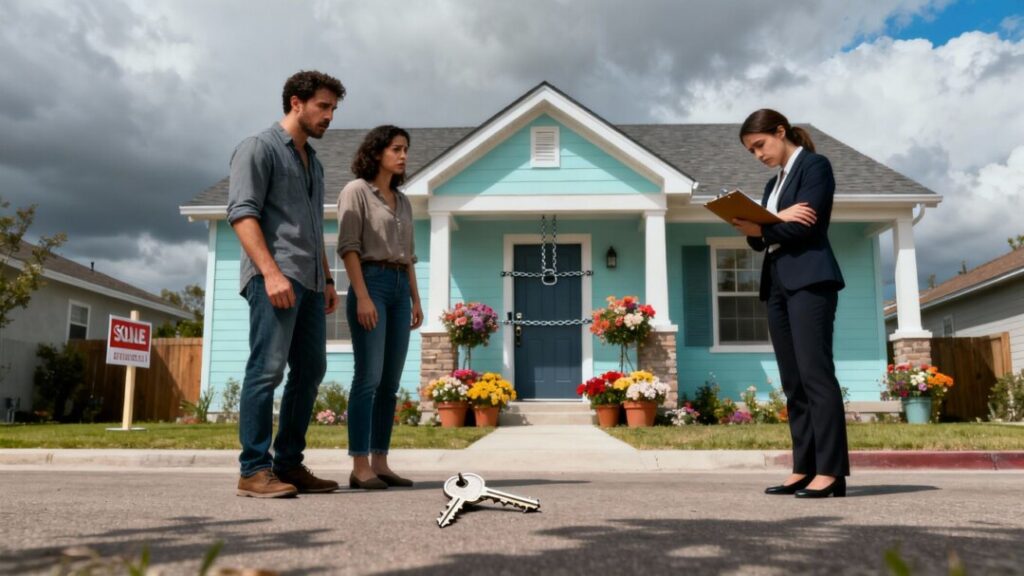In real estate transactions, both buyers and sellers typically start with the intention to see deals through to closing. However, unexpected circumstances can cause contracts to fall apart, leading to potential financial, legal, and practical consequences for all parties involved.
Key Takeaways
- Canceling a real estate contract without valid justification can result in more than just losing an earnest money deposit.
- Dispute resolution processes often begin with mediation and can escalate to legal actions.
- Buyers or sellers at fault may face damages, legal fees, and even court orders enforcing contract completion.
Common Reasons Real Estate Contracts Fail
Contracts may fall through due to various legitimate reasons such as title issues, financing troubles, inspection problems, or personal emergencies. When these reasons are covered by contractual contingencies, the cancellation process is typically straightforward and penalty-free.
However, when a party tries to back out without valid justification, they expose themselves to more significant risks than just forfeiting the earnest money deposit (EMD).
What Happens When Buyers Default
If a buyer fails to fulfill their contractual obligations, such as not making a required deposit or backing out without cause, sellers generally have two options:
- Retain the EMD as Liquidated Damages: The seller may keep the earnest money as compensation, which releases both parties from further contractual obligations.
- Pursue Legal Remedies: Alternatively, the seller may take the buyer to court to claim additional damages or compel the buyer to complete the purchase (specific performance). Legal action can involve significant legal fees and court costs for the losing party.
What Happens When Sellers Default
If the seller backs out without a valid reason, buyers face similar options:
- Recover the EMD: Buyers can demand the return of their earnest money.
- Seek Additional Damages or Specific Performance: Buyers may pursue compensation for damages caused by the failed deal or request a court order forcing the seller to complete the sale. Again, legal disputes in this scenario can be costly for the party found at fault.
The Dispute Resolution Process
Most real estate contracts outline a dispute process designed to resolve issues before escalating to litigation. Generally, the steps are:
- Cooling-Off Period: Following a dispute over the EMD, there’s commonly a 10-day window for parties to resolve the matter independently.
- Mandatory Mediation: If no resolution is reached, mediation with a neutral third party is required. Costs are often split between both parties.
- Legal Action: If mediation fails, either side may pursue legal remedies in court, potentially leading to costly attorney’s fees and judgments.
Final Thoughts
Walking away from a real estate deal isn’t as simple as just losing or returning earnest money. Both buyers and sellers can face complex and expensive consequences if they default without proper justification. It’s crucial to understand all contractual obligations and potential outcomes before making a major decision involving cancellation. When in doubt, consulting with a real estate legal expert can help prevent costly missteps.


